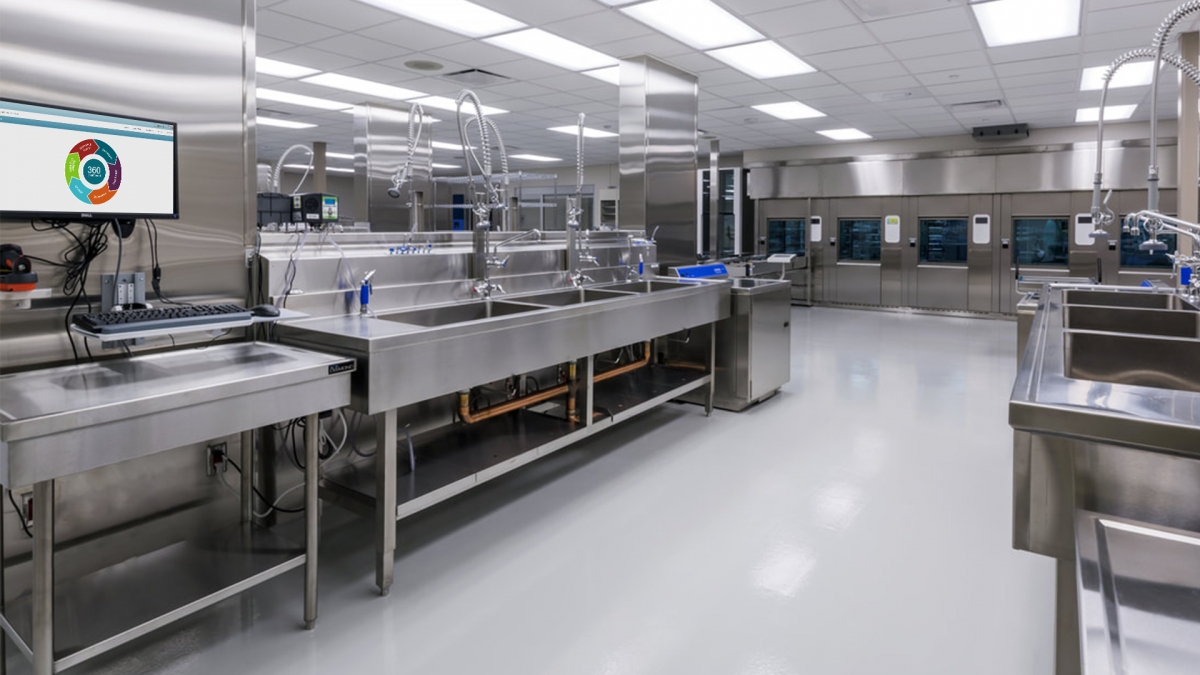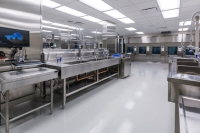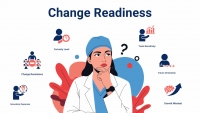The Past History
There was a time when processing medical devices was simple. Paper count sheets were commonly used, stick on labels identified product and location, and documents could be kept in the supervisor’s office because processing these devices was intuitive. Stainless steel instruments were cleaned in the three-basin method and sterilized only in steam sterilization at a fixed cycle. It was easy then to train new technicians because the equipment was familiar, and procedures standardized. There was no need for machine learning or AI to direct us, humans, to do the right thing. We could process these instruments blind folded…well almost
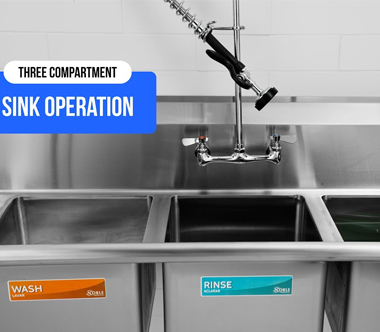
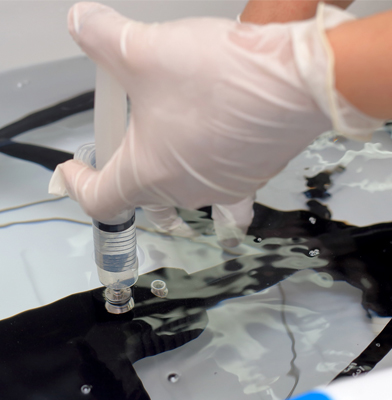
Wow, how have things changed.
Today, medical devices, such as endoscopes, robotics, and other minimally invasive devices provide many benefits from quicker recovery time, less trauma and reduced hospital stays to significant financial benefits. At the same time, these complex devices require more specialized training and meticulous attention to detail from healthcare professionals when it comes to care and handling and reprocessing. Today, there’s simply too much risk when there is so much information to recall or steps to follow when preparing complex devices for patient care. Some minimally invasive devices have numerous reprocessing steps (up to 100) to follow before they can be used. Can any human meticulously follow all the directions?
Artificial intelligence (AI) is transforming industries, and healthcare is no exception
A common idea is that AI can perform tasks that would typically require human intelligence, such as understanding natural language, recognizing patterns, solving problems, and learning from experience. Having data by itself doesn’t automatically translate to information or knowledge. The act of turning the data into information and knowledge is where AI can impact people and processes. AI could summarize the instructions, solve problems, speed processes and provide evidence-based recommendations. It can also set priorities and find patterns that can streamline operations.
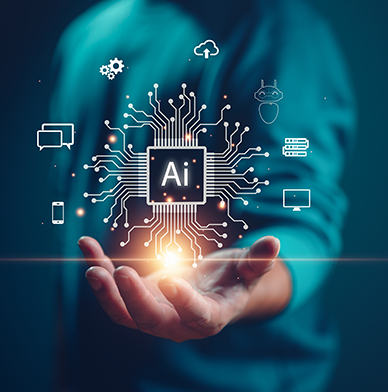

The path forward
AI in manufacturing is transforming industry by enabling automation, optimizing processes and improving product quality by predicting equipment failures and improving supply chain management. We, at Case Medical, keep moving along the technology superhighway developing innovative products and utilizing AI to improve operations and address the massive amounts of information and requirements as a medical device manufacturer. In many ways, SPD and Case Medical are aligned in our journey, both of us are manufacturers, producing safe and effective products for patient care is our goal. We understand the complexity of operations in SPD, having been in the industry for over three decades. AI can help us during times of growth and times of uncertainty.
Our team of engineers, software developers and clinical specialists are here to help us and help you with transforming ideas into simple solutions that you can implement into your daily operations to cut costs and reduce errors. Contact us today; we are here to help
Visit us at www.casemed.com to learn more about our products and how they can help your facility.
Connect with Case Medical on social media for more content!
LinkedIn
FaceBook
Kindest Regards,



